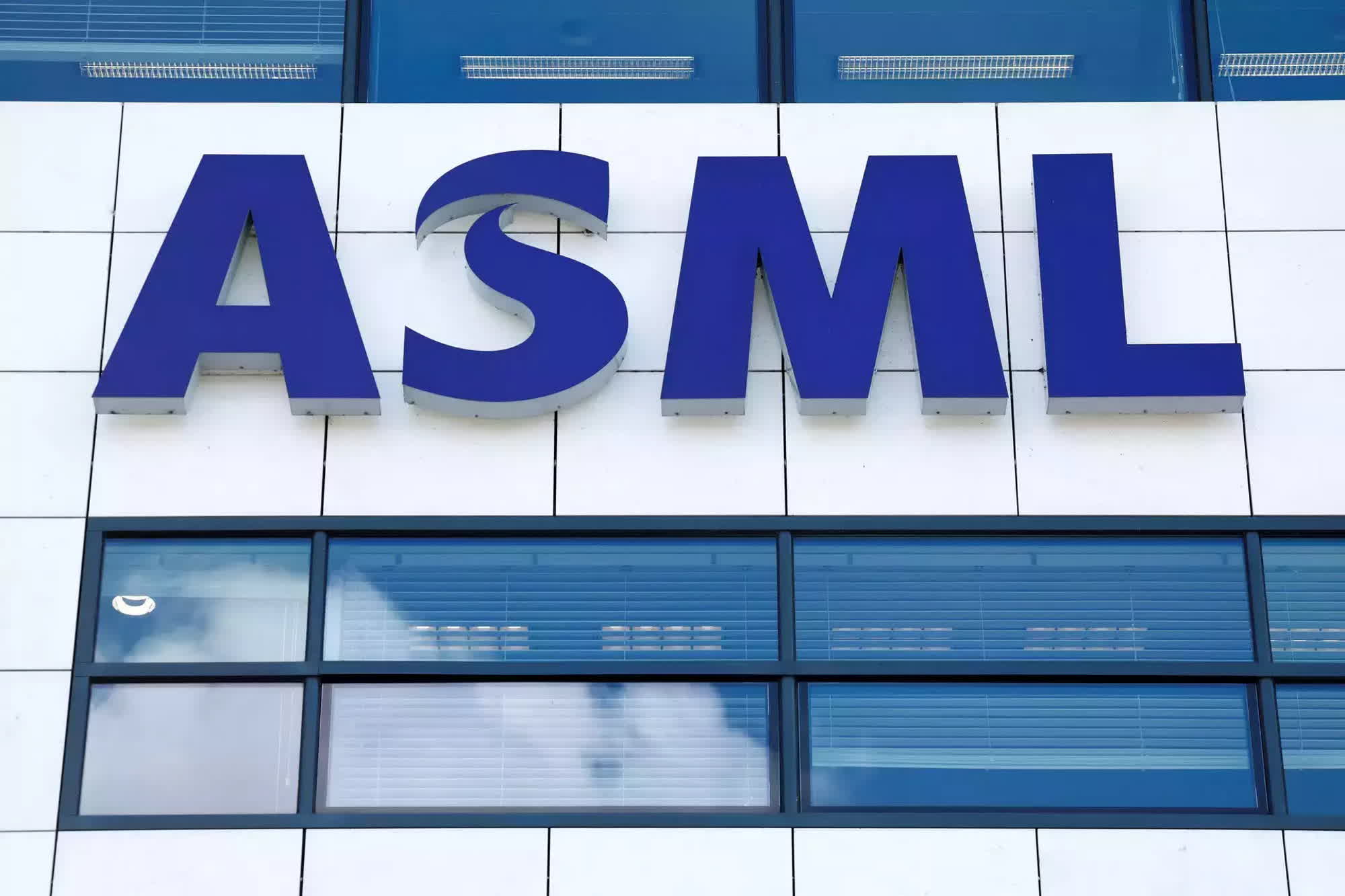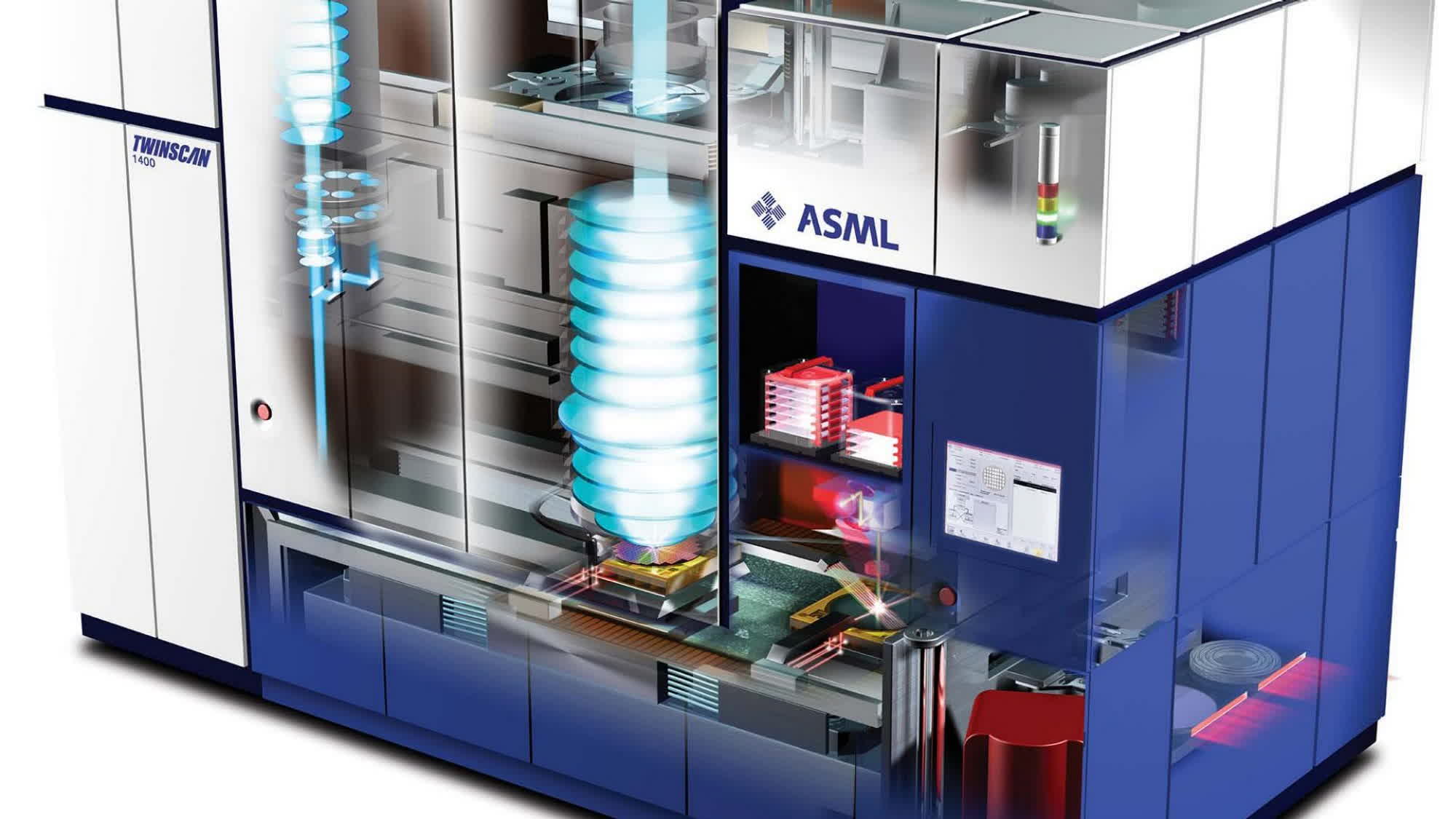In a nutshell: Dutch corporation ASML is the largest supplier of manufacturing tools for the semiconductor industry and holds the title of the most highly valued European tech company in terms of market capitalization (valued at $280 billion). Due to US sanctions, ASML's business operations in China have been constrained, and the company is now revealing another set of license revocations that will ultimately affect its Chinese customers.

ASML recently announced that it will no longer be able to ship its NXT:2050i and NXT:2100i lithography systems to China. The Dutch government partially revoked the 2023 shipment license in recent months, affecting a "small number" of customers in China, the company said.
ASML added that the new license revocation will not materially impact the company's financial outlook for 2023. This also holds true for the latest export control restrictions imposed by US authorities. ASML's machines use technologies developed in the US, making them subject to both US and Dutch export restrictions.
The company stated that a recent discussion with Washington provided "further clarification" regarding the scope and impact of the US export control regulations. The latest export rules, published on October 17, 2023, impose additional restrictions on certain "mid-critical" DUV immersion lithography machines, which are utilized in a "limited number" of advanced production facilities.

Deep ultraviolet (DUV) lithography machinery developed by ASML utilizes light that falls within the ultraviolet segment of the electromagnetic spectrum to create the minute features constituting a microchip's structure. The Twinscan NXT:2050i and NXT:2100i stand as the company's most advanced DUV tools, capable of supporting 7nm or even 5nm-class process technology with multi-patterning.
These devices boast a processing capacity of up to 295 wafers per hour, suitable for manufacturing both logic and memory chips. Chinese foundry SMIC, a primary customer relying on DUV lithography for its 7nm-class process technology, faces restrictions in acquiring additional machines due to the newly enforced export limitations.
Huawei, a key player utilizing SMIC's 7nm node, could experience the consequences of reduced manufacturing output. ASML said it is "fully committed" to complying with all applicable laws and regulations, including the recent export control legislation enacted by Western governments.
https://www.techspot.com/news/101390-new-export-ban-china-hits-asml-duv-lithography.html